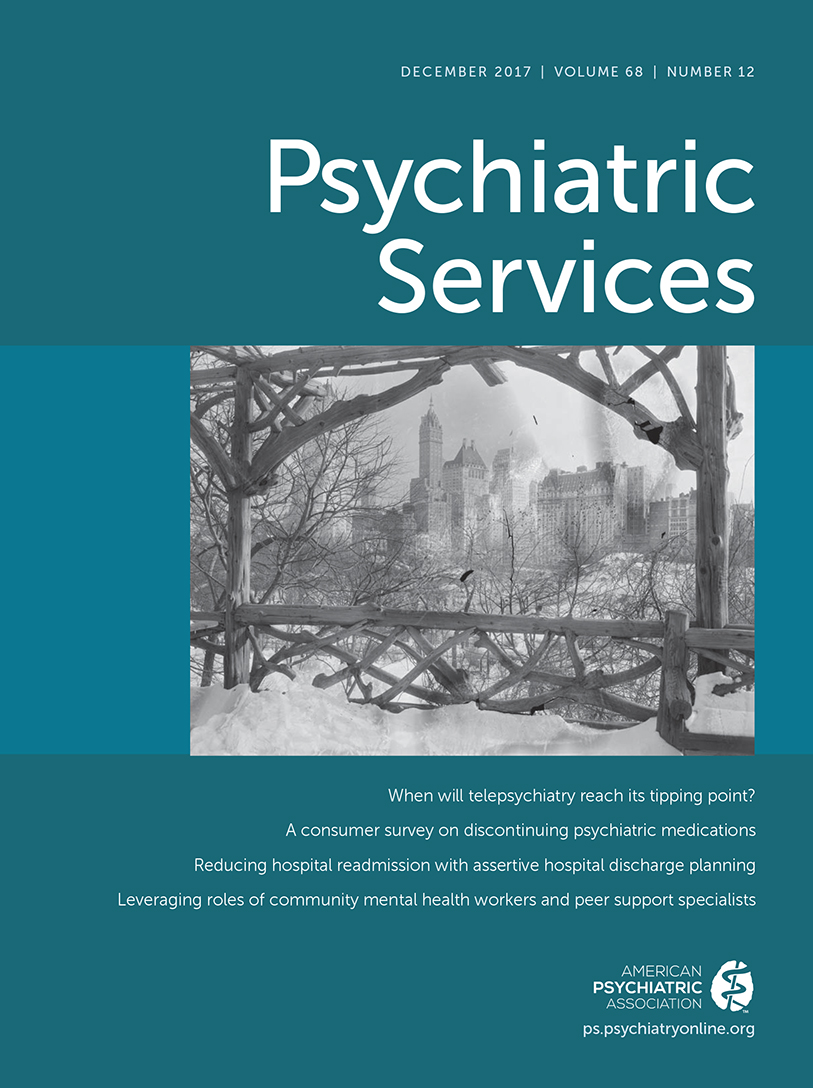A Workshop to Engage Community Stakeholders to Deliver Evidence-Based Treatment for Hoarding Disorder: A Pilot Study
Hoarding disorder (HD) is a common and disabling condition that affects 2%−5% of the U.S. population. HD is characterized by difficulty parting with possessions, resulting in accumulation of objects that clutter living or work spaces and compromise their intended use. Excessive clutter can create fire hazards and pest infestations. Public health and allied first responders (fire and police departments; social service agencies) often first learn of a case when HD impinges on the safety of the individual or the public. First responders are often eager to understand HD’s characteristics and treatments. This report discusses a pilot initiative to test the feasibility and efficacy of a workshop for community stakeholders to deliver cost-effective, evidence-based treatment for individuals with HD.
We began by engaging local community partners in San Mateo and Santa Clara counties in California to assess the needs of first responders and individuals with HD. Particularly salient was the lack of providers trained in low-cost, evidence-based treatments. Together, we envisioned engaging and empowering community stakeholders to provide treatment locally to improve access to care. Research has shown that using a free, manualized workbook-based group therapy approach (the Buried in Treasures [BIT] workshop) led by peers was as effective as psychologist-led cognitive-behavioral group therapy in reducing symptoms. We piloted a workshop for community members to teach them how to lead a BIT workshop. Our primary outcomes were feasibility and efficacy (assessed by workshop enrollment, knowledge of HD before and after the workshop, and satisfaction) and engagement (measured by percentage of individuals interested in volunteering to lead a BIT group).
This workshop was available to all individuals with an interest in learning to facilitate and manage BIT workshops within Santa Clara and San Mateo counties. We recruited community members through targeted online advertising. Health care and community professionals as well as individuals with clutter responded and attended the event on March 25, 2016. This one-day multimedia educational workshop included experiential hands-on activities, lecture-based didactics, a prerecorded lecture from a peer facilitator, and a question-and-answer session with an individual with HD. The participants answered questionnaires that assessed demographic characteristics, knowledge of the subject matter before and after the workshop, participant satisfaction, and interest in leading BIT groups.
All 20 available workshop spaces were reserved within 48 hours of our first advertising effort, and the event had a waiting list of 32 people. Seventeen individuals (N=17) completed the workshop: six allied health professionals, two community professionals who see effects of clutter, three family members or friends of someone who suffers from clutter, five individuals struggling with clutter, and one postdoctoral fellow. Comparing correct answers on the questionnaire before and after the workshop showed that participants’ knowledge of the subject matter improved by 29% (N=17). Individuals were satisfied or very satisfied with the sessions, length, and instructors (N=14); in addition, they reported a moderate, lot, or great deal of improvement when asked if the workshop improved their skills. The percentage of individuals willing to run a group improved from one of 17 (6%) to 10 of 17 participants (59%). Of the 10 individuals expressing interest in running a group, four were struggling with clutter and six were health or community professionals.
After the workshop, the 10 interested participants were invited to be facilitators in an active research study within our research group. Of the 10, two community professionals (a human rights professional and a social worker) volunteered to facilitate, receiving additional study-specific training. One of them led a BIT group, and the other provided in-home decluttering coaching sessions. In addition, one of the participants who was struggling with clutter sought treatment and participated in the BIT group offered by our research team. The other seven individuals who initially expressed an interest did not start a group in their communities for varied reasons, including not having time for a nonreimbursed activity.
Our pilot study demonstrated the feasibility of an educational workshop through high enrollment, improvement in knowledge gained, and participant satisfaction. Feedback at the end of the workshop indicated improved engagement. These results, coupled with the event’s low cost ($40 per participant), show that an educational community workshop to deliver evidence-based care is a feasible and cost-effective strategy to engage stakeholders. At the same time, we saw the challenge of translating this engagement to action (that is, volunteering and conducting a BIT group) in part due to its being a nonreimbursed activity. Our next step is to collaborate with local government agencies to advocate for education and remuneration for community professionals interested in providing services for HD to improve access to care.



